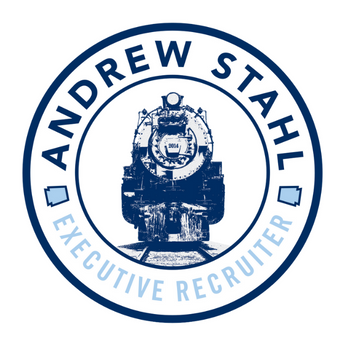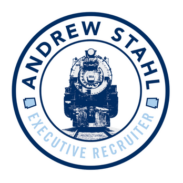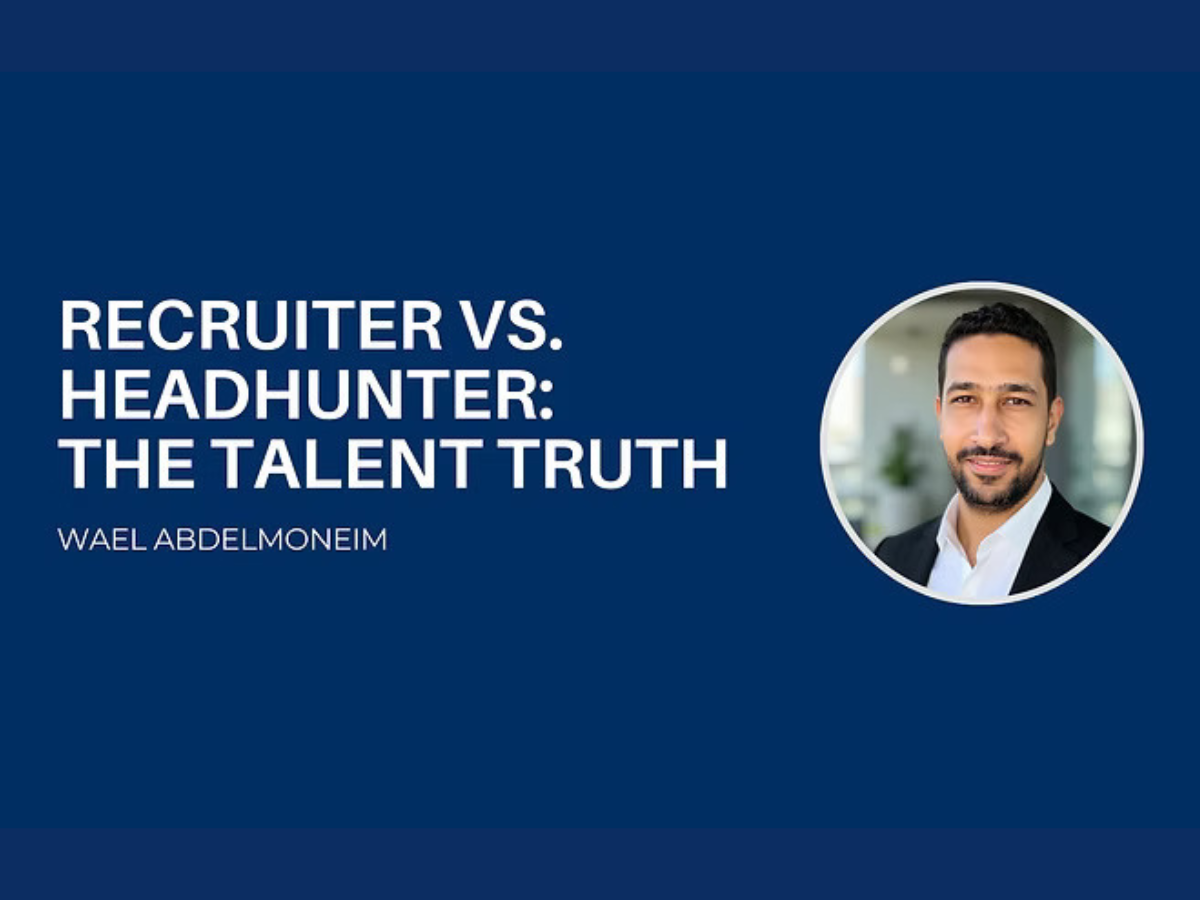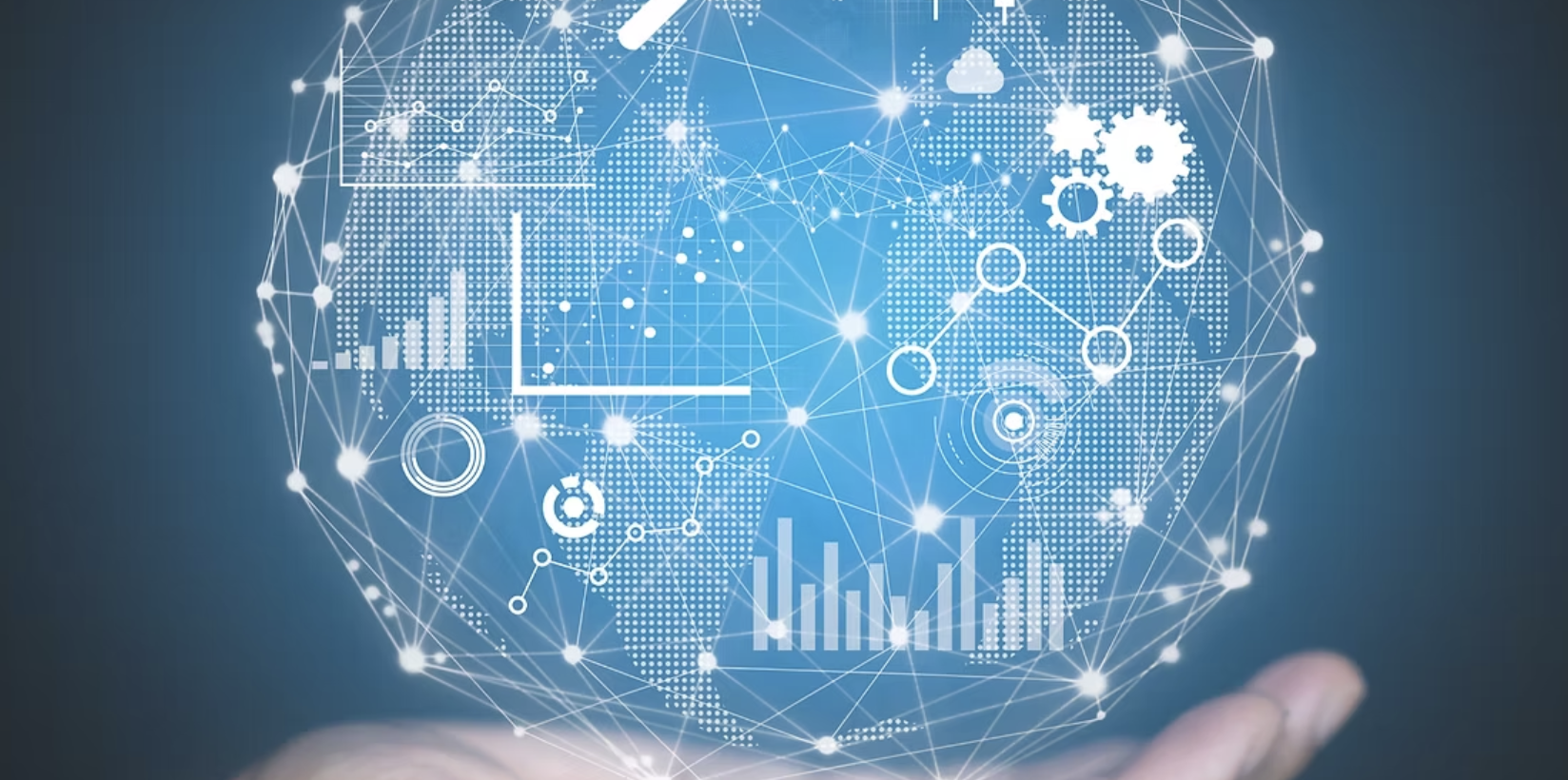AI and automation are reshaping the way we do business. They take over menial tasks to boost productivity and minimize errors. The technology is useful in several areas of business, and it is now integrated into the talent acquisition spectrum.
Companies that have integrated AI and automation into their hiring processes are making quicker hiring decisions, reducing associated costs, hiring more qualified individuals, and providing a better candidate experience. Learn how your organization can integrate these technologies into your strategies to build a supportive staff.
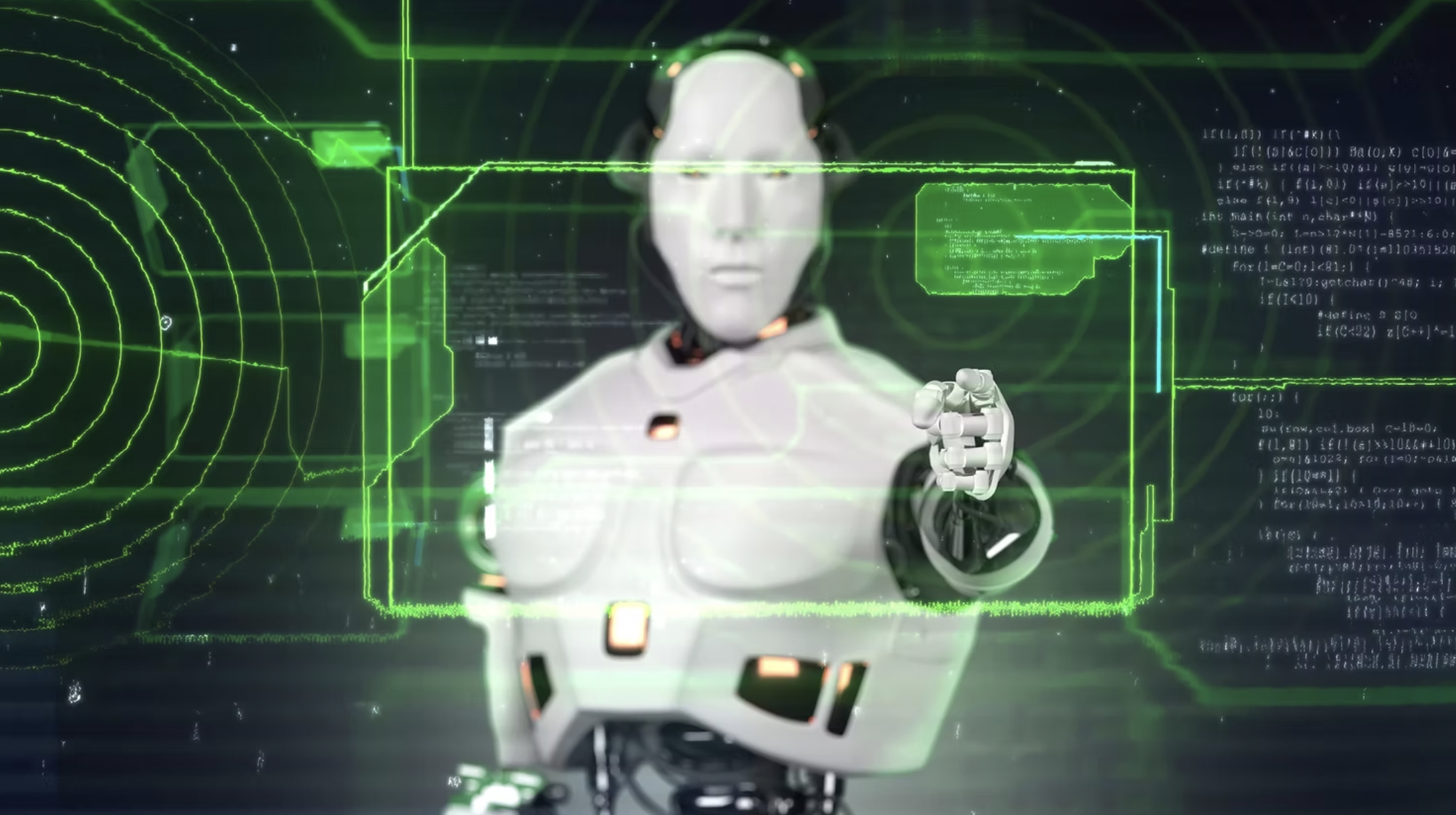
How is AI and Automated Integrated in the Talent Acquisition Process?
AI and automation can be used to handle the following tasks:
- Understands Resumes: The technology can parse resumes to search for necessary skills and experience helping HR teams narrow down candidates.
- Writes Job Descriptions: AI can write engaging job descriptions that convey the necessary skills and company culture. It can also post job descriptions on suitable job boards.
- Screens Candidates: The technology uses various analytics to discern whether candidates have the required skills.
- Communicates with Candidates: Chatbots can respond to certain applicant inquiries freeing up staff to focus on more pressing tasks.
- Conduct Interviews: AI can conduct preliminary interviews to narrow your search.
- Provide Onboarding Resources: Automated processes can assist with training and onboarding.
- Analyzes Campaigns: The technology can analyze campaign success rates so organizations can streamline future hiring processes. It can also help develop hiring plans based on the data it collects.
What are the Benefits of AI and Automation in Recruiting?
- Speed and Efficiency: Automated processes speed up hiring so companies get positions filled sooner. It analyzes data quickly and scans resumes at high speeds to limit hours of manual labor.
- Improved Candidate Experience: AI tools answer questions, schedule interviews and provide feedback to create a more positive and engaging candidate experience. Candidate satisfaction is important as it can directly reflect on an organization’s reputation.
- Data-Driven Decision Making: Artificial intelligence collects data that guides hiring decisions. It leads to faster and better decision-making that results in better quality hiring. Data minimizes biases so organizations can hire a diverse workforce. Technology also gathers information that helps organizations identify the best talent acquisition strategy.
- Reduces Turnover: Data-based decision-making allows organizations to find the best candidates for their companies. Qualified candidates will stay at the company longer reducing turnover and the expense involved with finding new talent. It also increases overall productivity.
Challenges of AI and Automation in Talent Acquisition
Although AI and automation generally support efficient talent acquisition, they come with their share of challenges. Here are some to consider.
- Biases: Although AI and automation can help executives make unbiased hiring decisions, they also may analyze biased information gleaned from the internet. Humans must monitor data to ensure it’s unbiased.
- Privacy Concerns: Like any digital system, AI and automation increase the risk of security issues. Organizations often gather personal information during hiring processes, and it’s essential to keep this data secure. They must use security measures to protect data. Teams should also make candidates aware they are using technology to handle their data and ensure they get consent before proceeding.
- Impersonal Experience: Technology generally enhances the candidate experience, but it can degrade it if applicants detect a lack of human connection. Organizations must be careful to strike the right challenge.
- Skills Gap: AI and automation in talent acquisition require a learning curve. HR teams must be trained to use the technology before it can be integrated. Training can slow down processes and add to expenses.
This article was originally published by Stahl Recruiting.

